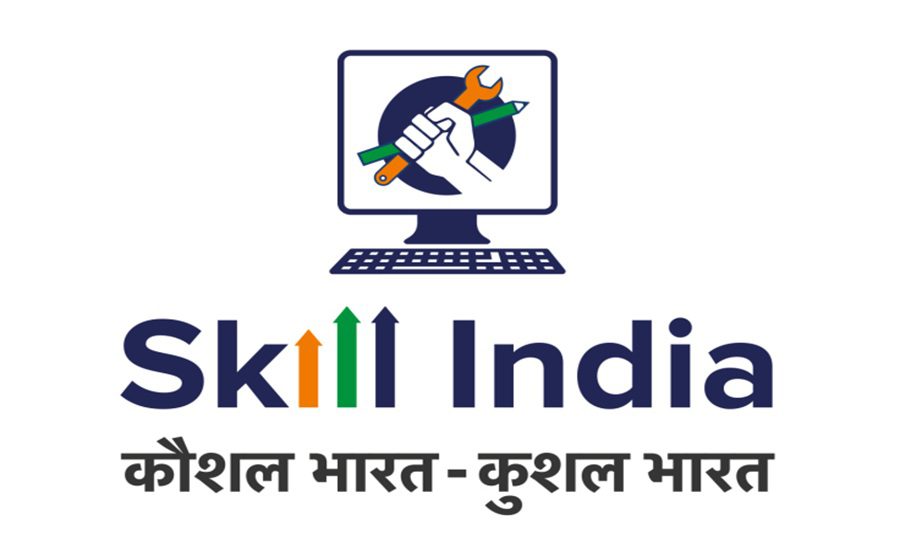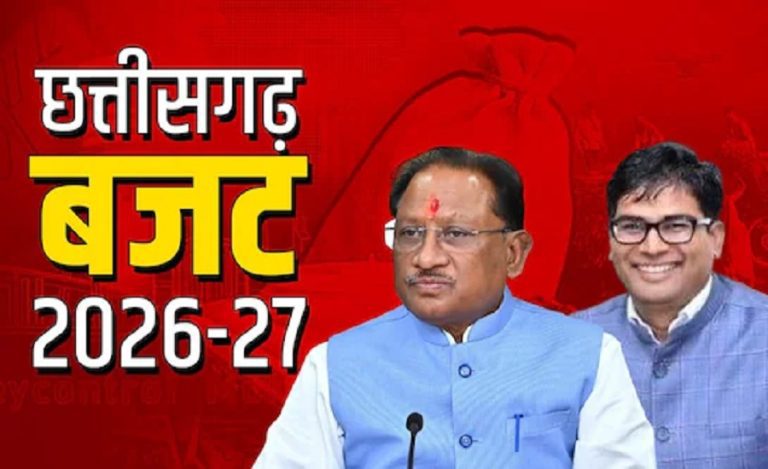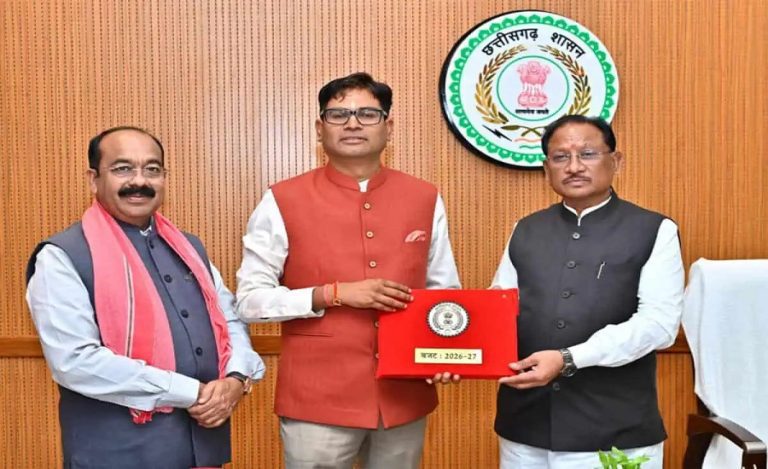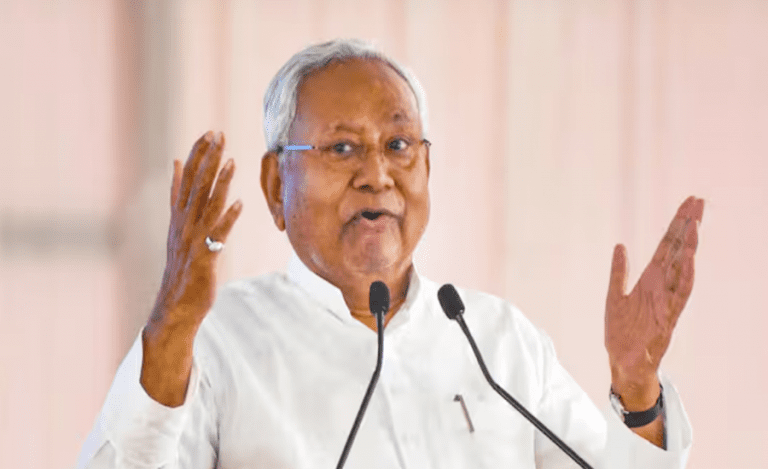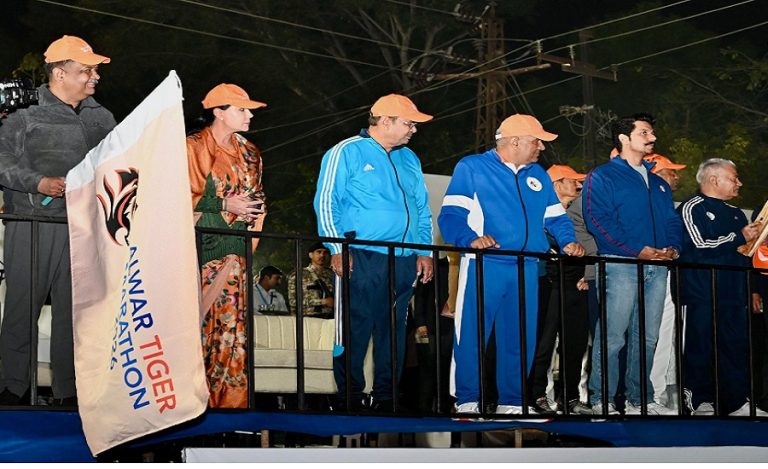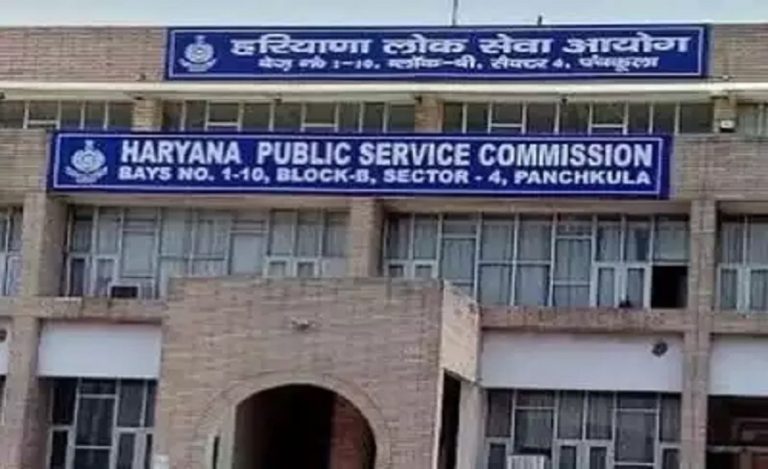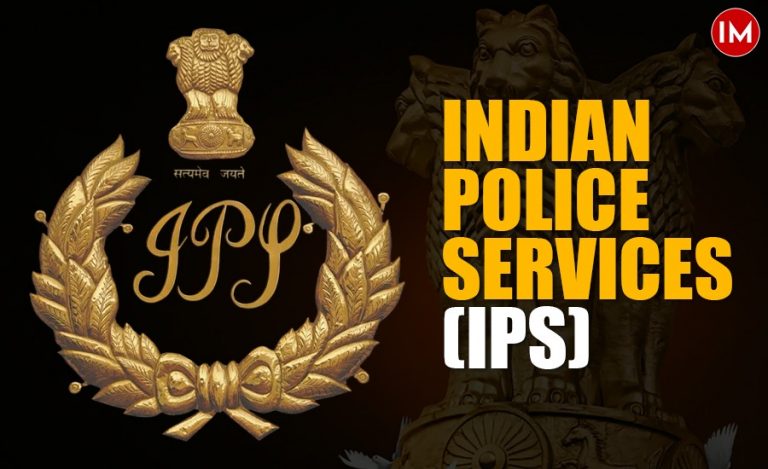New Delhi: In a move to future-proof India’s workforce and align with global shifts in technology and employment trends, the Ministry of Skill Development and Entrepreneurship (MSDE), under the Government of India’s flagship Skill India Mission (SIM), is spearheading a nationwide upskilling campaign focused on Artificial Intelligence, Robotics, and other Industry 4.0 technologies.
From grassroots ITIs to national-level partnerships with global tech leaders, India is building an ecosystem where young citizens are trained, re-skilled, and up-skilled to take on cutting-edge roles in digital industries and smart manufacturing.
Under various schemes including PM Kaushal Vikas Yojana (PMKVY), Jan Shikshan Sansthan (JSS), National Apprenticeship Promotion Scheme (NAPS), and the Craftsman Training Scheme (CTS)—the government is driving large-scale skill development initiatives across the country, with a sharp focus on inclusivity, accessibility, and global employability.
This information was given by the Minister of State (Independent Charge), Ministry of Skill Development and Entrepreneurship (MSDE), Jayant Chaudhary in a written reply in the Rajya Sabha today.
Skill India Prepares the Youth for AI, Mechatronics, and Cybersecurity Careers
Under PMKVY 4.0, over 4 lakh candidates have already been trained in 98 job roles classified under the “Future Skills” category, with a dedicated focus on AI, Machine Learning, and Digital Marketing.
Apprenticeships have taken a modern turn as well—with over 4,200 apprentices trained under AI and Robotics trades in the last three years through NAPS. The Directorate General of Training (DGT) has added 31 new-age courses across Industrial Training Institutes (ITIs) and National Skill Training Institutes (NSTIs), covering domains such as Semiconductors, IoT, Mechatronics, and Cybersecurity.
Public-Private Tech Collaborations to Drive AI and Big Data Training
To ensure industry relevance and global competitiveness, the DGT has forged partnerships with tech giants such as IBM, CISCO, Microsoft, Amazon Web Services (AWS), and others. These collaborations support high-end digital training in Blockchain, Cloud Computing, AI Programming, and Big Data Analytics.
In a step toward curriculum innovation, the Ministry has also launched an AI Programming Assistant (AIPA) course and introduced a 7.5-hour micro-credential module titled Introduction to Artificial Intelligence, co-designed with academic and industry stakeholders.
Skill India Digital Hub Unlocks Pan-India Access to Global AI Courses
Launched as a flagship platform, the Skill India Digital Hub (SIDH) is central to the government’s digital skilling architecture. It provides access to international-grade courses on Generative AI, Google Cloud, and Azure Speech AI, empowering learners across different proficiency levels from foundational to advanced.
Further, National Skill Development Corporation (NSDC) has partnered with global entities such as Intel, Redhat, Pearson VUE, Cisco Academy, and others to democratize access to digital education.
Global Workforce Strategy: From G20 Declarations to Skill India International Centres
With a sharp eye on global mobility and skilled labor export, MSDE has signed MoUs and cooperation agreements with eight countries including Australia, Japan, Germany, France, Singapore, UAE, and others. These partnerships aim to foster mutual recognition of skills, joint certifications, and technical exchanges.
Backed by diplomatic outreach and G2G agreements, the Ministry has established Skill India International Centres (SIICs) as gateways for India’s skilled workforce to access overseas employment—ensuring credibility, transparency, and trust in India’s global manpower supply chain.
The New Delhi Leaders’ Declaration at G20, under India’s presidency, also acknowledged MSDE’s initiative to co-create a global reference classification for occupations—a move now being led by the International Labour Organization (ILO) to enhance international comparability of skills.
Modernizing ITIs for a Green and Digital Economy
The Government has launched a National Scheme for Upgradation of ITIs and established National Centres of Excellence (NCOEs) to modernize training infrastructure in futuristic areas like Electric Vehicles, Solar Energy, Drones, Automation, and Climate-Friendly Technologies. Over 1,000 ITIs will be upgraded under a hub-and-spoke model with participation from industry partners.
Special Projects, modular learning via SIDH, and curriculum development in collaboration with MeitY, MNRE, and other ministries are supporting India’s transition towards smart manufacturing and sustainability under the Atmanirbhar Bharat vision. As India moves forward into a knowledge-driven decade, the Skill India Mission continues to evolve—ensuring the country’s youth are not only ready for tomorrow but are the architects of it.
Also Read: MAITRI 2.0 Set to Transform Ease of Doing Business in Maharashtra : IAS P. Anbalagan

